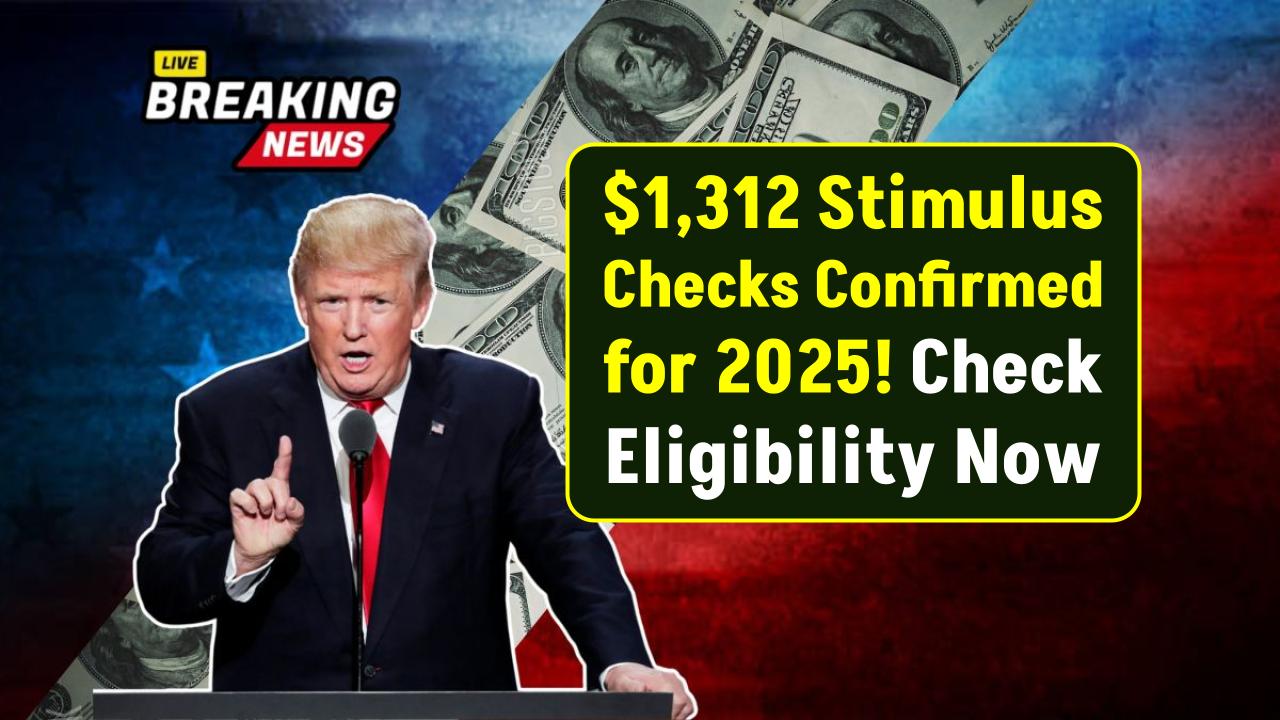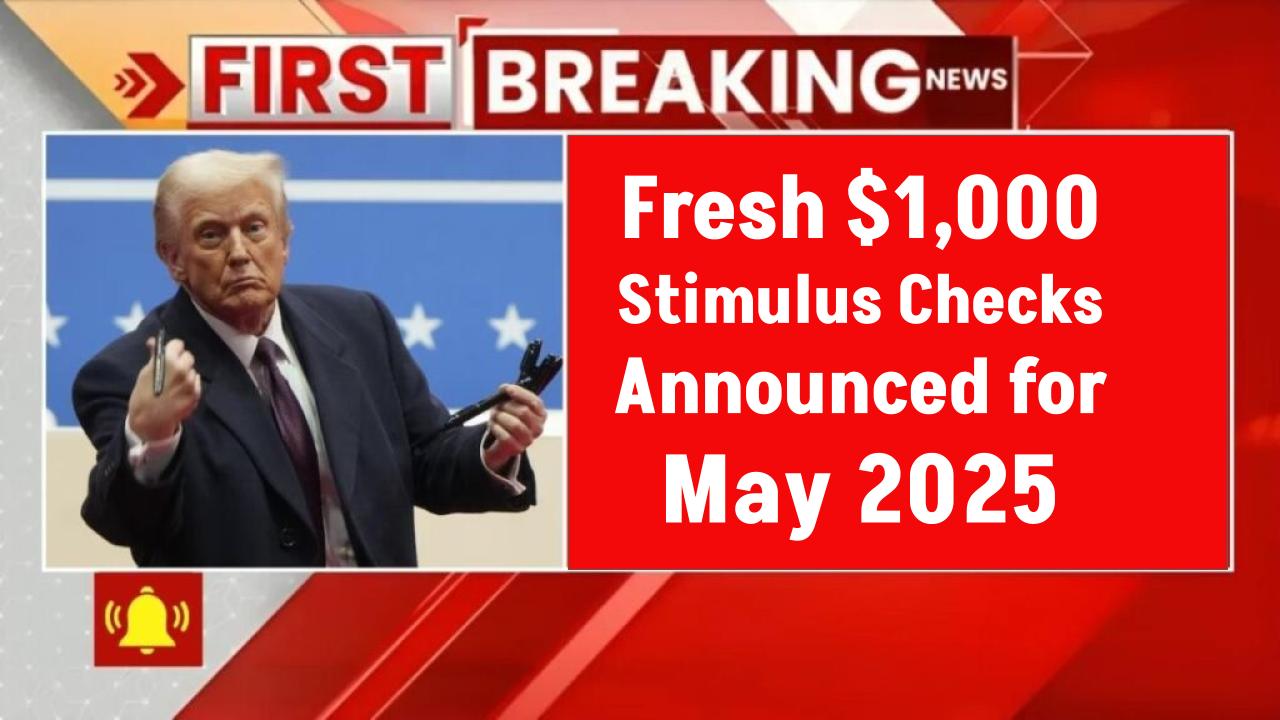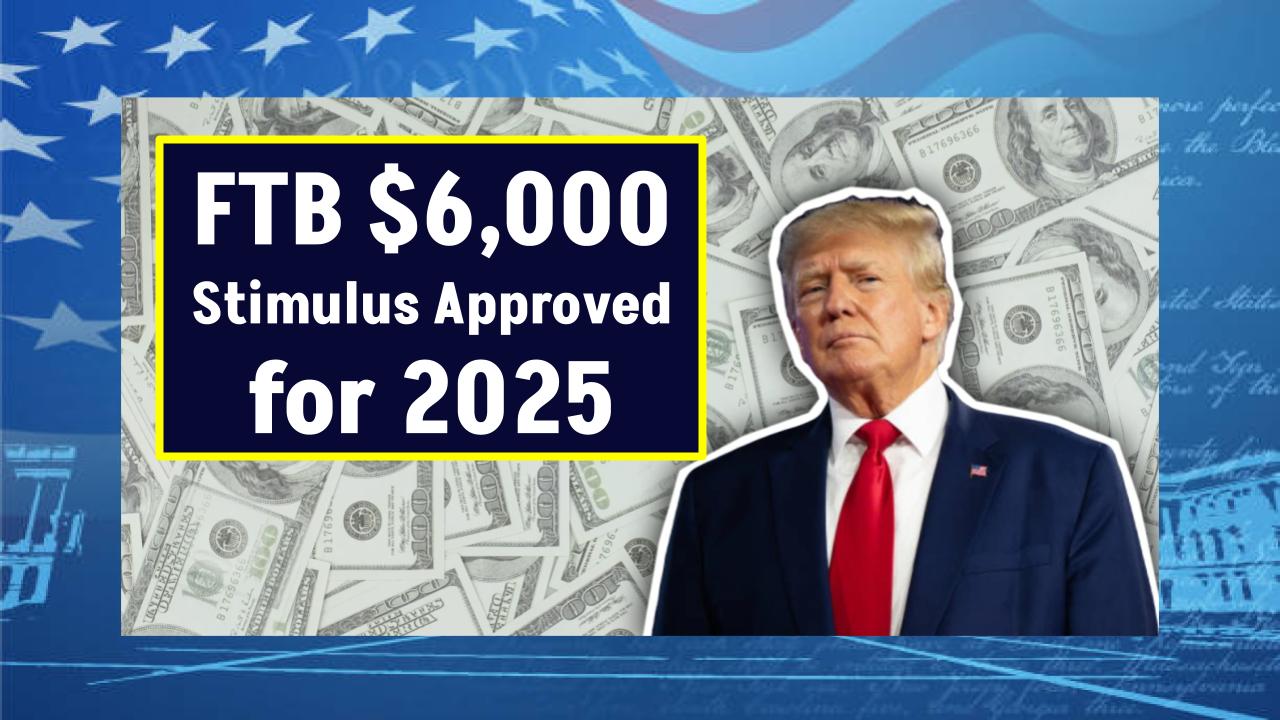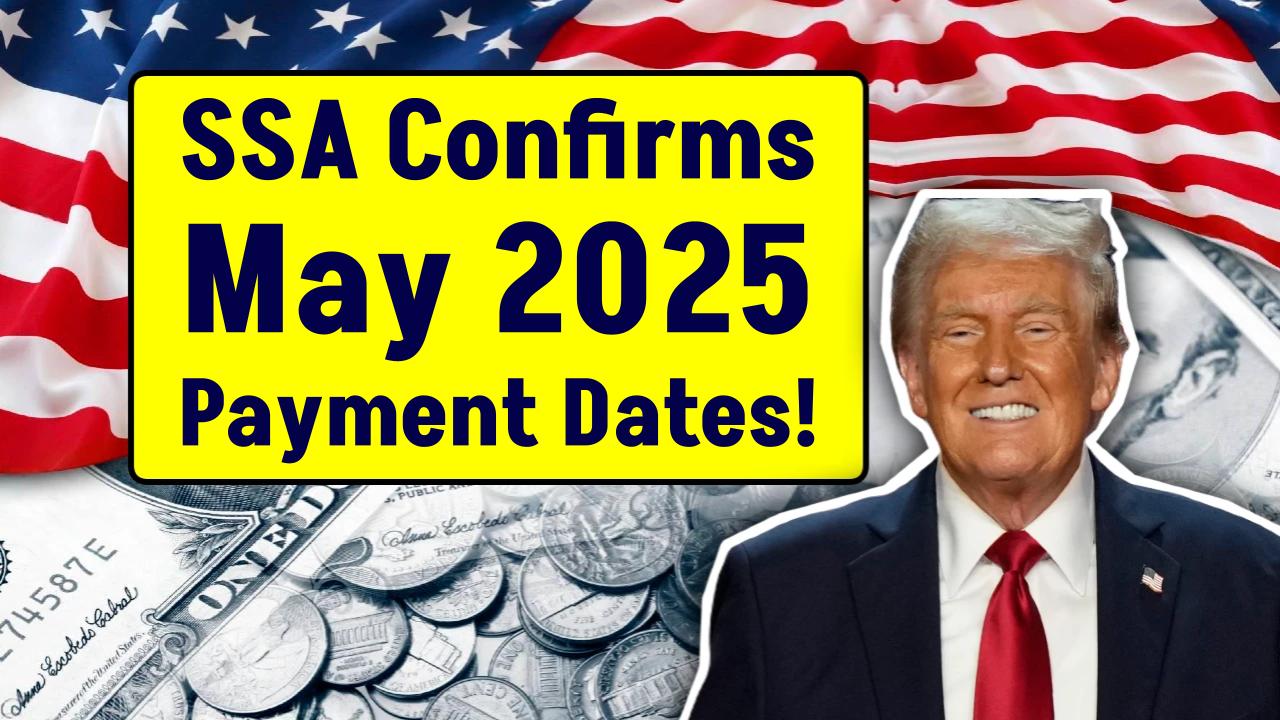Lower Your Tax Debt the Legal Way: How to Negotiate With the IRS
Lower Your Tax Debt the Legal Way: If you’re struggling to keep up with IRS tax debt, you’re not alone. Every year, millions of Americans face the daunting reality of owing the IRS more than they can afford. Lowering your tax debt the legal way is not only possible—it’s something the IRS actively supports through several structured programs.

Understanding these programs can empower you to take back control of your finances, reduce the stress of tax season, and even settle your debt for less than you owe.
Lower Your Tax Debt the Legal Way
| Feature | Details |
|---|---|
| Offer in Compromise (OIC) | Settle debt for less than owed if full payment causes financial hardship. IRS Website |
| Installment Agreement | Pay tax debt over time in fixed monthly payments. |
| Currently Not Collectible (CNC) | Temporary delay in collection if you can’t pay anything now. |
| Penalty Abatement | Reduce or remove penalties for valid reasons like illness or disaster. |
| OIC Pre-Qualifier Tool | Free online tool to assess OIC eligibility. Try it here |
Lowering your IRS tax debt legally is absolutely possible with the right knowledge and approach. Whether you’re considering an Offer in Compromise, installment plan, or applying for hardship status, the IRS has several programs designed to help honest taxpayers regain financial stability. Make sure you stay compliant, explore your options thoroughly, and consider speaking with a professional if needed.
Why Does the IRS Let You Settle Tax Debt?
The IRS knows that not everyone can pay their tax bill in full. Instead of forcing people into bankruptcy or ignoring their debt, the IRS offers legitimate options like Offers in Compromise, installment agreements, and temporary hardship status. These programs help both the taxpayer and the IRS, as they increase the likelihood of collecting at least some of the owed taxes.
Step-by-Step Guide to Legally Lower Your Tax Debt
1. Offer in Compromise (OIC)
An Offer in Compromise allows you to settle your debt for less than the total amount you owe. It’s designed for people who genuinely cannot pay their full tax bill without experiencing significant financial hardship.
Eligibility Criteria:
- Filed all tax returns.
- Made all estimated payments for the current year.
- Not in active bankruptcy proceedings.
Application Process:
- Use the OIC Pre-Qualifier Tool to check if you qualify.
- Submit Form 656 with a $205 application fee and initial payment (waived for low-income individuals).
Payment Options:
- Lump Sum: Pay 20% upfront and the rest in 5 or fewer payments.
- Periodic Payments: Pay monthly over 6-24 months.
2. Installment Agreements
If an OIC isn’t right for you, an installment agreement might be. This option lets you pay your taxes over time, typically in monthly payments.
Types of Installment Plans:
- Short-Term Plan: For debts under $100,000. Pay within 180 days.
- Long-Term Plan: For debts under $50,000. Pay monthly until paid in full.
Note: Interest and late penalties will still apply until your balance is paid off.
If you’re going through a really tough time financially, you might qualify for Currently Not Collectible (CNC) status. This means the IRS temporarily halts collection efforts.
While this doesn’t erase your debt, it gives you time to improve your financial situation without IRS pressure. The debt still exists and interest continues to grow.
4. Penalty Abatement
If you’ve never had tax issues before or have a valid reason for missing payments (like a serious illness or natural disaster), you may qualify for penalty abatement.
Types of Relief:
- First-Time Abatement: One-time forgiveness for compliant taxpayers.
- Reasonable Cause Relief: Requires documentation showing you had a good reason for not paying on time.
Important Things to Keep in Mind
Avoid Tax Relief Scams
Sadly, some companies promise to settle your tax debt for “pennies on the dollar” but deliver nothing. The Federal Trade Commission (FTC) regularly warns against these scams. Always verify any company you work with and never pay large upfront fees.
Stay Compliant
Even if you can’t pay your tax bill, you must still file your returns on time. Failing to file can lead to additional penalties and hurt your chances of qualifying for IRS programs.
$3,200 Gas Stimulus Checks Are Going Out – Are You on the List?
May 2025 Social Security Bombshell: Double Payments & Massive $4,018 Checks
FAQs on Lower Your Tax Debt the Legal Way
Can I negotiate directly with the IRS without a tax professional?
Yes, you can use the IRS website and tools like the OIC Pre-Qualifier Tool. However, for complex situations, it might help to hire a CPA or tax attorney.
Does applying for an OIC stop collections?
Yes, once your application is received, the IRS typically suspends active collection efforts.
Is the IRS really willing to forgive debt?
They won’t forgive all debt, but they are willing to settle if they believe full payment isn’t realistic.
Can I apply for more than one program?
In some cases, yes. For example, you might start with CNC status and later apply for an installment agreement or OIC.








